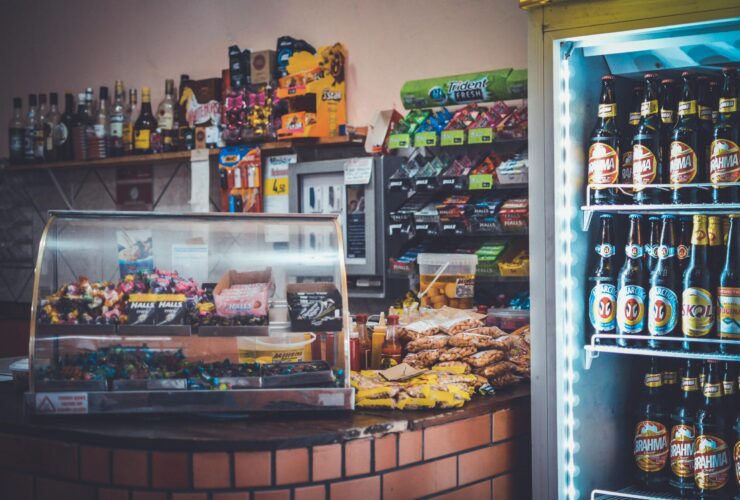Taking Prescribed Medications Can Threaten Recovery – How to Stay Safe

What If You Need Medication While in Recovery?
Sometimes, narcotics are prescribed as medicine. So, should we take them or not? This topic isn’t often discussed, but having a plan in place is crucial to our continued sobriety.
My sponsor has always told me that if I truly need a prescribed medication, I can take it – as long as I have a strong support system and a sense of accountability before doing so.
Opiates were my drug of choice, and I have a very healthy fear of them. That said, I’ve been prescribed them for medical reasons. On a few serious occasions, I’ve taken them.
But, how do we know when to take a prescribed narcotic and when to decline them? To answer this question, we must be rigorously honest with ourselves and talk to our sponsor before making a decision.
Know When to Say No
Years ago, I had a cluster headache, which is a migraine that lasts for weeks. I went to the doctor for migraine medicine, but it interacted with my antidepressant and I couldn’t take it. The doctor offered me opiates to manage the pain. I declined and chose to fight through it with Advil. Let me explain how I knew to say no in that circumstance.
My pain was great, but a cluster headache can last for weeks. I know what happens when I take an opiate long term. I lose myself, my job, my will to live, my family, and most importantly, the ability to stop. And, I have heard so many stories about people who were doing great in recovery, took a prescribed opiate, and got lost in drug or alcohol addiction all over again.
That experience helped me solidify my recovery plan. I actively decided that I would never take opiates or narcotics for over a week. And, if a drug carries a warning that says it may be addictive, the same rule applies, or I just refuse to take it.
We all must decide when to say no. If you have to make a decision about whether or not to take a narcotic, talk to your sponsor about it before you take a pill.
Know When to Say Yes
It’s important for me to state that I am not talking about traumatic injuries that require the immediate use of narcotics. This blog is afor when we have to make a conscience decision about whether to take a narcotic or not.
The first time I took a narcotic in recovery was after major dental surgery. I was also being cared for by Chris Jacobs at his recovery house. I had less than three months clean time and it was a major blessing that Chris doled the pills out to me. He kept the bottle of pills and gave them to me for three days. As a result, I never had control of the pain pills and, I did not relapse.
In 2010, I was diagnosed with cancer and had to have surgery. This time, I talked to my sponsor and created a plan well before my surgery. The night after surgery, I was in agony. I was hooked up to a pain pump, and it felt too strong to me. In the morning, I had the nurse give me a pill rather than the IV. When I went home, I had someone give me the pills every four hours. Again, I didn’t have control of the bottle. I took them for five days and then threw the rest of the bottle away.
The third time I was prescribed opiates was also for dental surgery. I lived alone and took the pills myself. Honestly, that surgery was the worst. I went back to the doctor for a follow up and was still in agony. She asked me if I wanted a second round of painkillers and I said no.
And, here’s why we must have a plan about when to use narcotics. I WANTED THAT PRESCRIPTION. My pain level was through the roof. But, it broke my rule of taking narcotics on a long-term basis. Two weeks is just too long. I didn’t listen to my pain level, or my desire for more, I followed my rule. Having that plan in place made my decision to say no much easier.
Physical Pain Pales in Comparison to Addiction
We all have been in physical pain. We all may face surgery, or a broken bone, but if you’ve experienced withdrawal, you know that is physically, emotionally, and spiritually painful.
Never lose sight of that feeling of withdrawal. Love can’t get through, the sun can’t get through, God can’t get through. Nothing can get through.
Keep the memory and terror of that in the forefront of your mind. Between that memory and a strong plan about how to handle medically-prescribed narcotics, we can make the right choices (with our sponsors) and guard our sobriety for years to come.
Need A Fresh Start?
If you or a loved one is suffering from the disease of addiction, Breakthrough Recovery Outreach is here to help. We have two locations in the Atlanta area, and are passionate about recovery.
Call us at (770) 493-7750 or send us a message using the contact form below.
Bottom of Form



